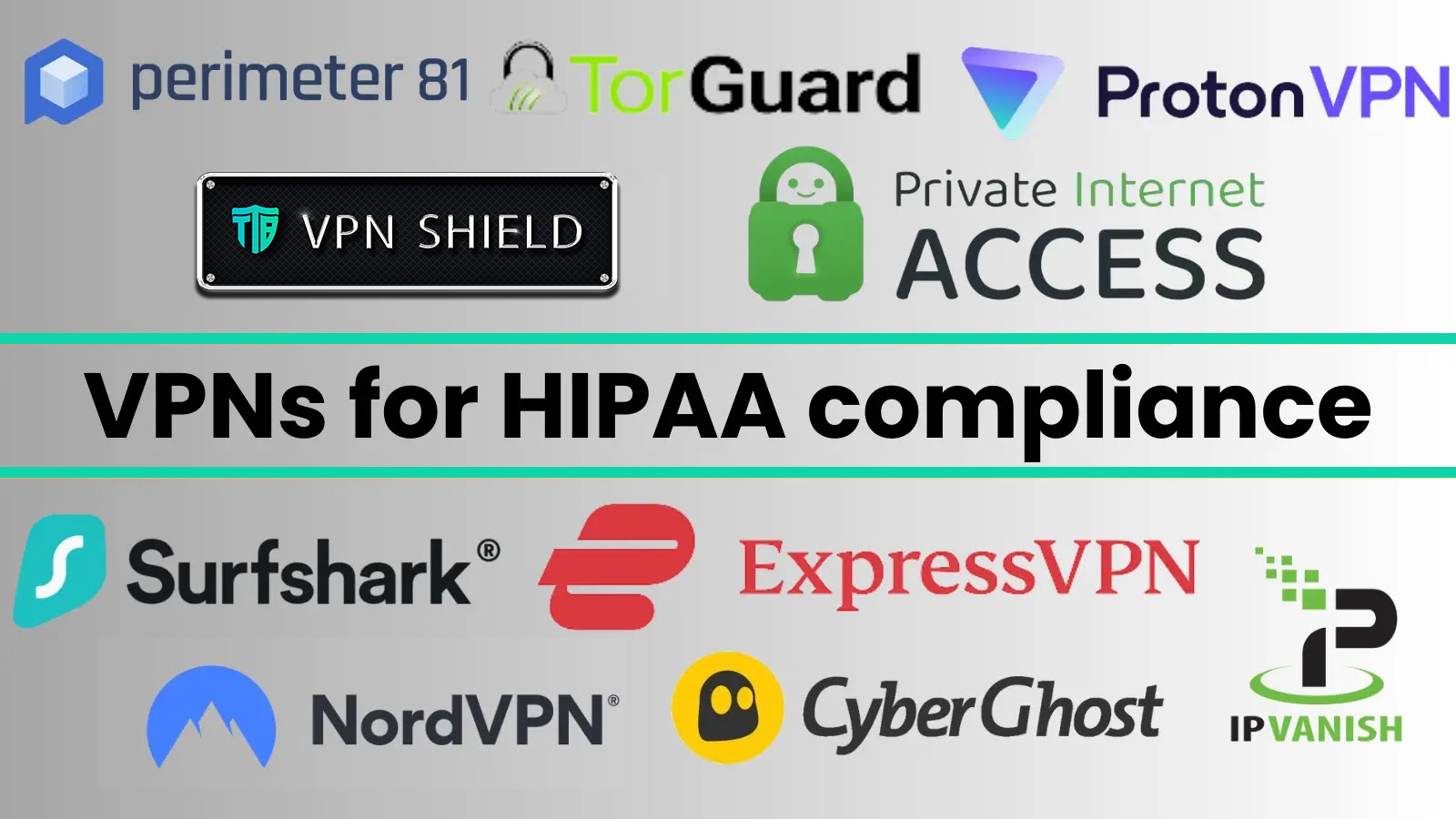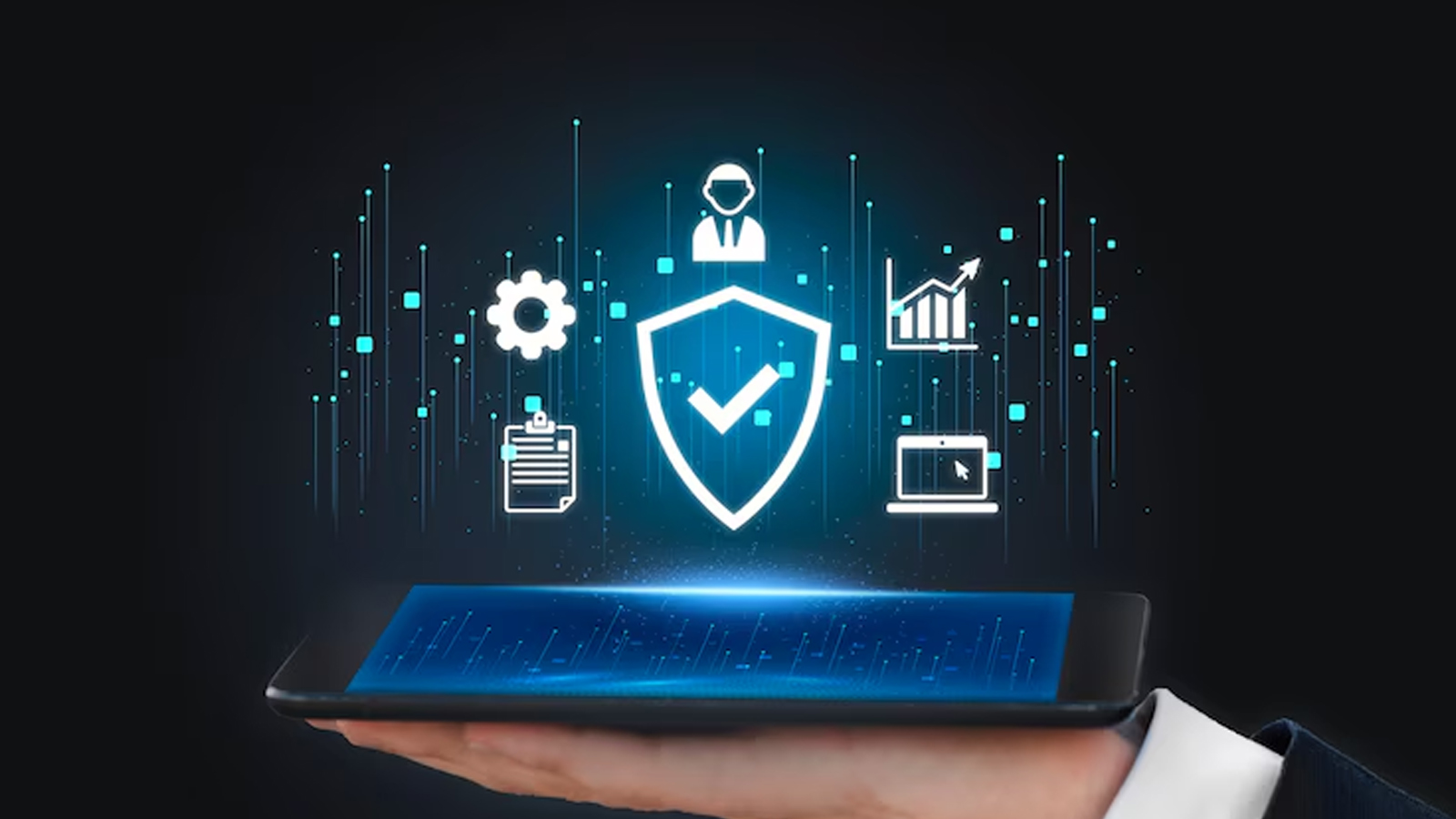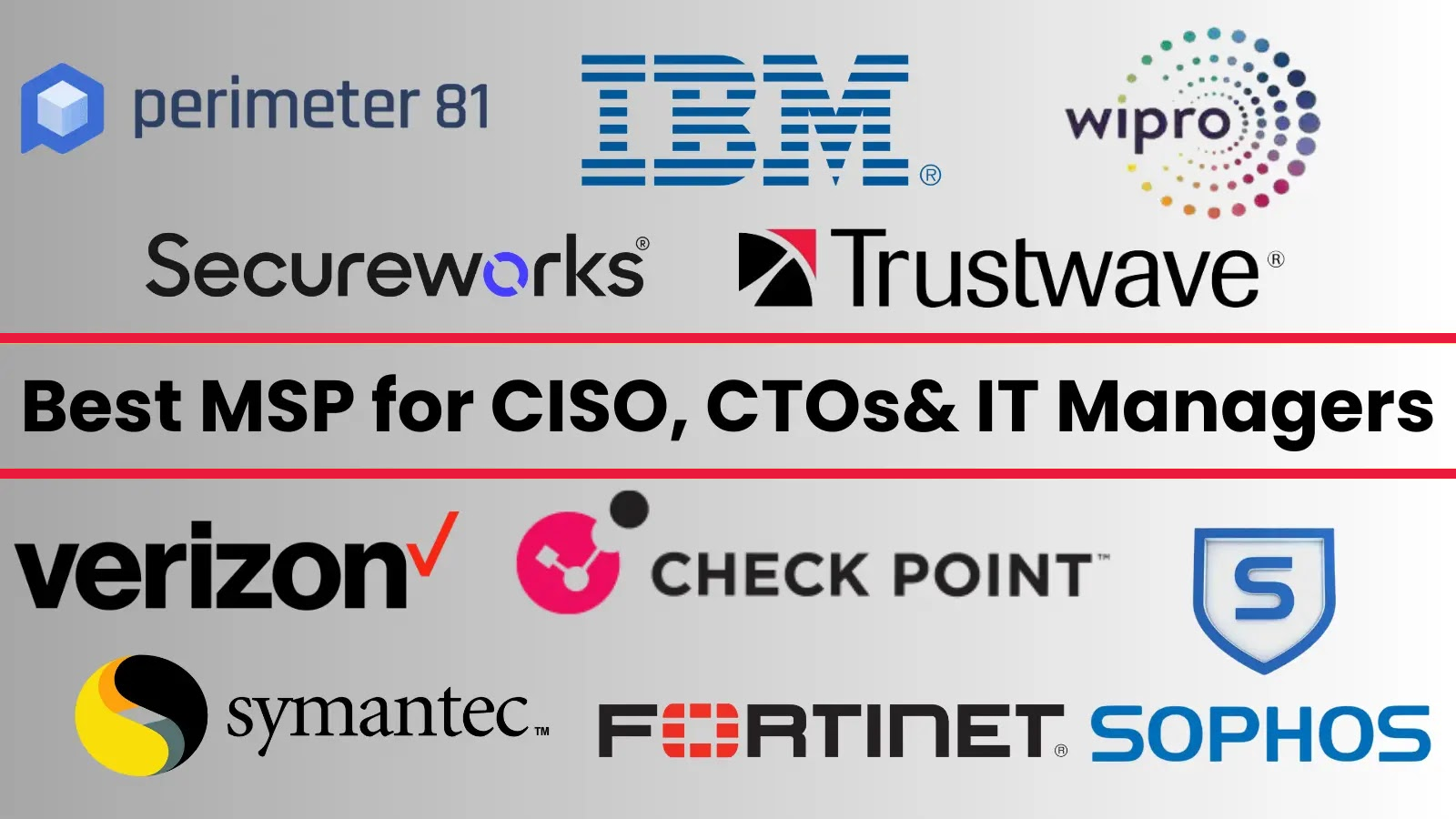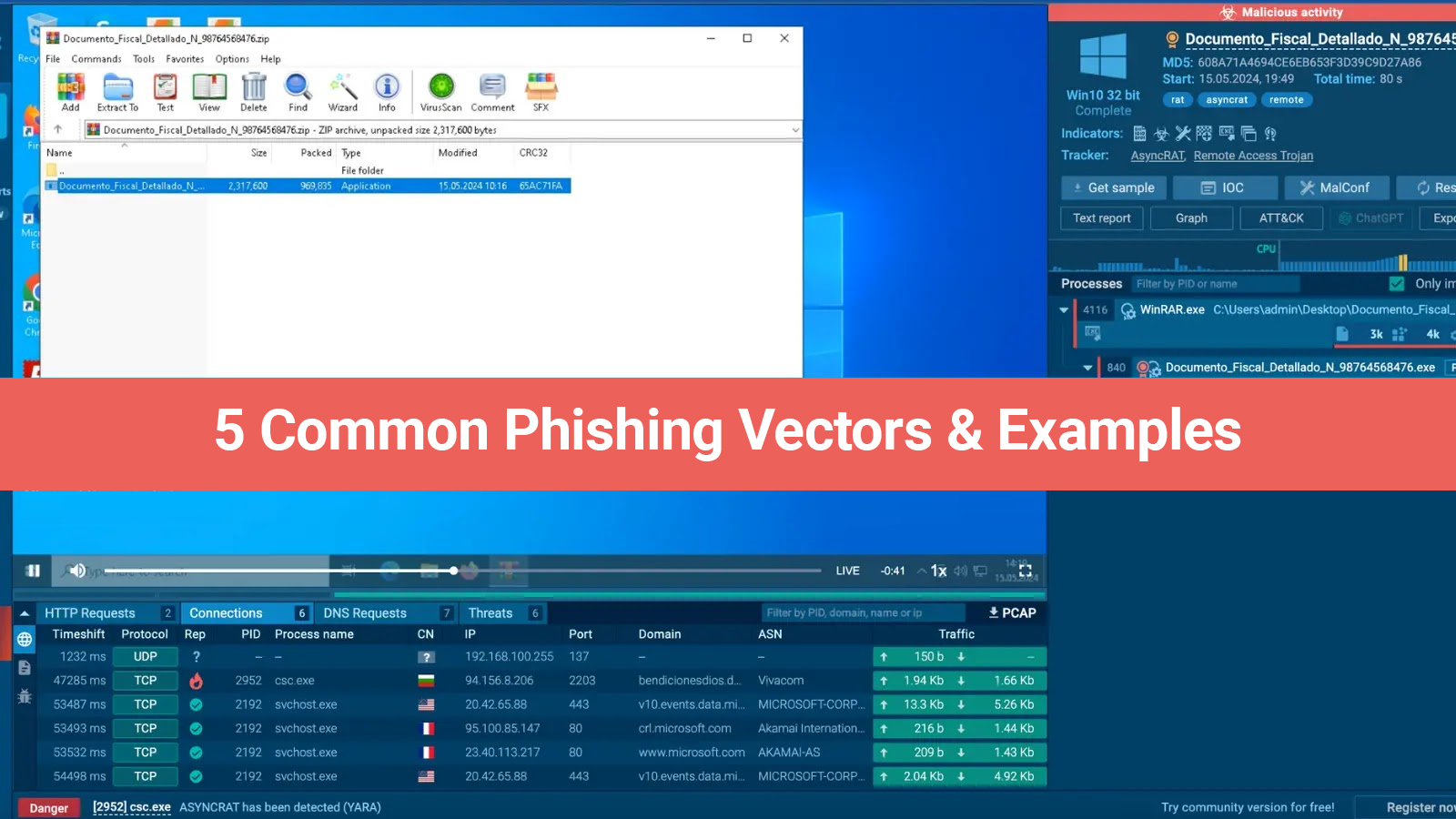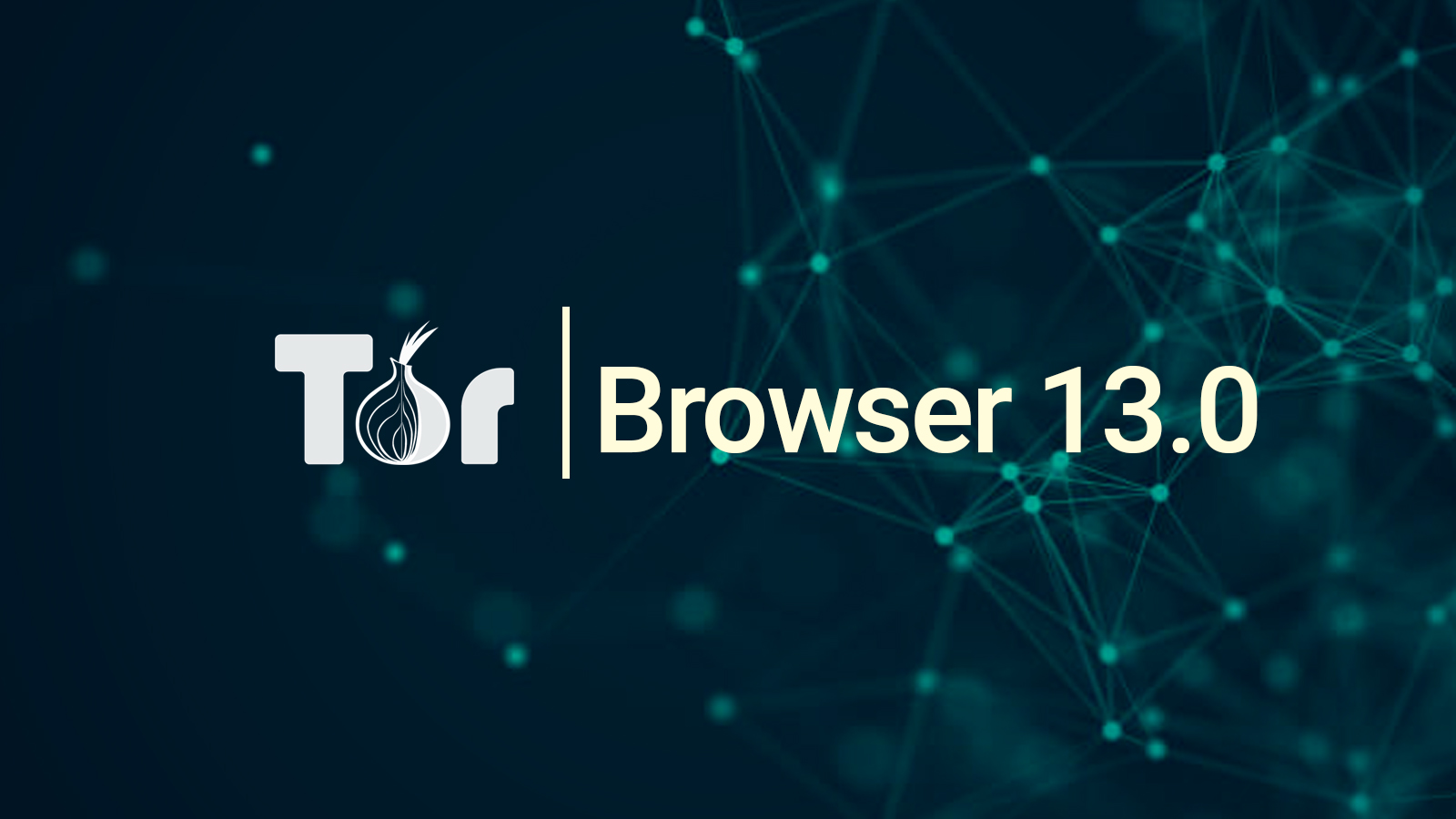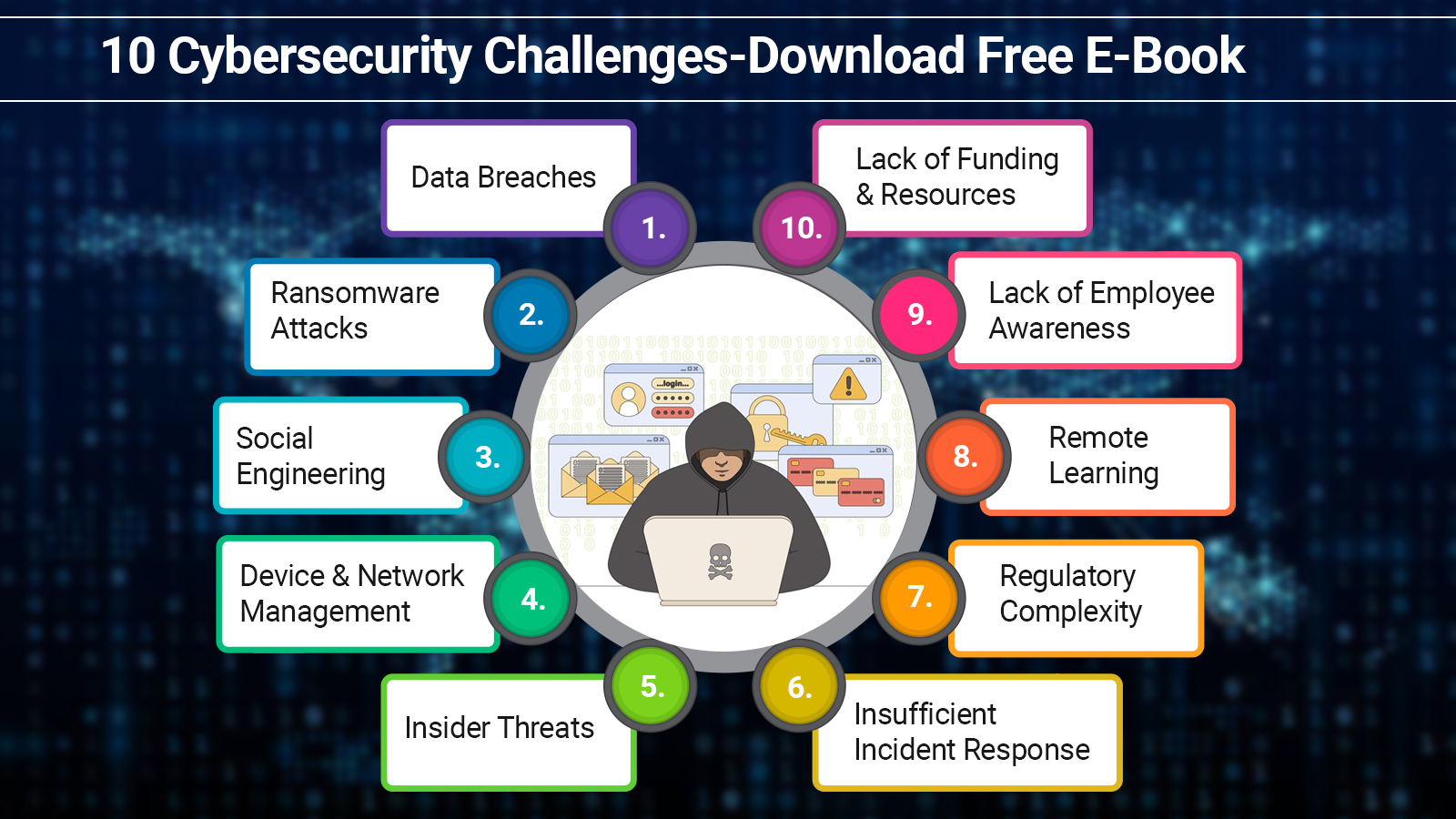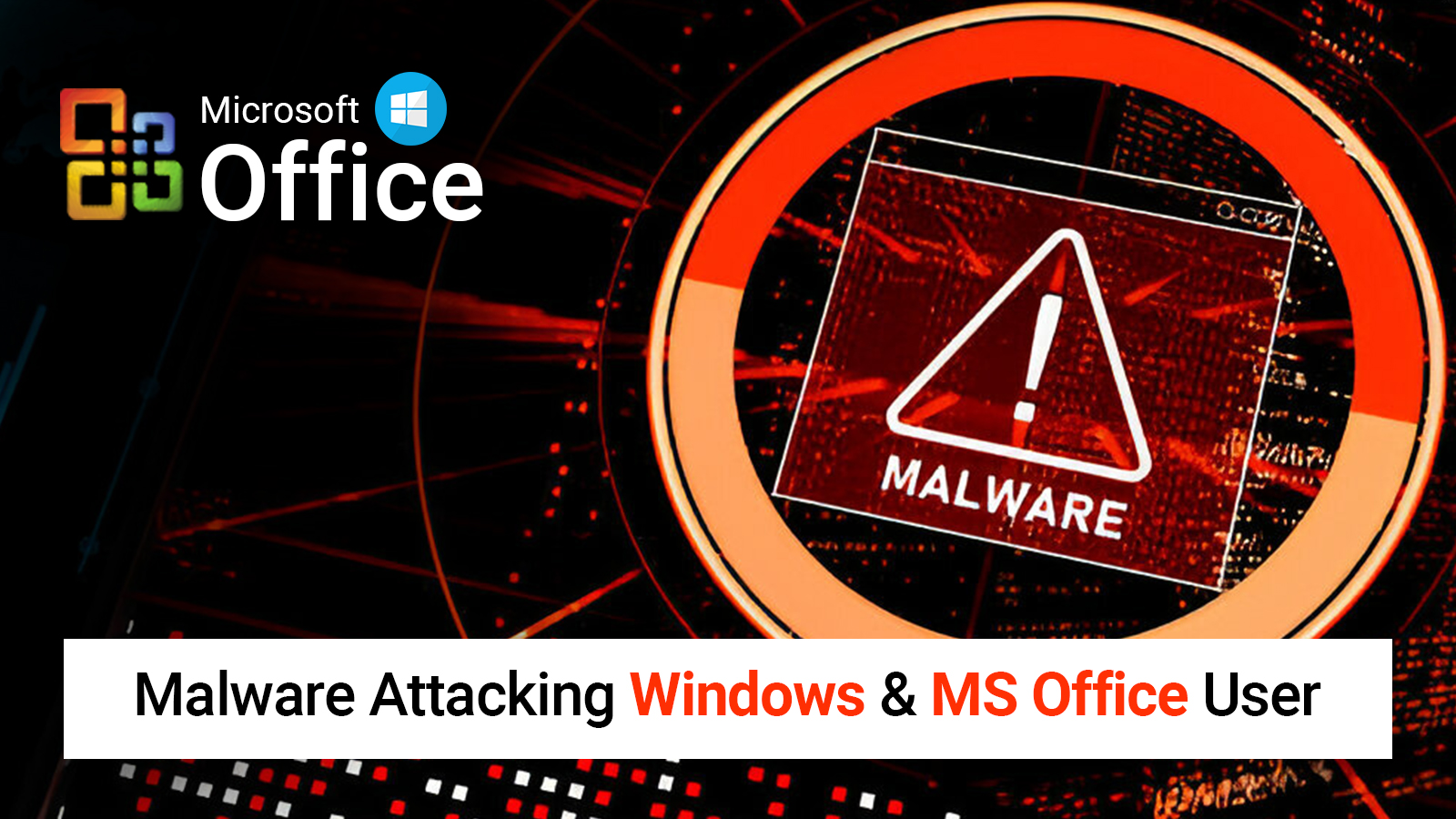In healthcare, rigid commitment to the Health Insurance Portability and Accountability Act (HIPAA) is important, as it requires protecting susceptible patient data, known as electronic protected health information (ePHI). Virtual Private Networks (VPNs) come into play by specifying a confident contact tunnel by encrypting data information traveling across public networks.
VPNs implement user authentication via powerful passwords or multi-factor strategies, verifying a user’s individuality before giving access to ePHI. This two-pronged approach—data encryption and user access control—greatly decreases the chance of unauthorized access to susceptible patient details, supporting an association’s HIPAA subordination posture.
Business VPNs for HIPAA Compliance: Why Should You Use Them?
Our highest priority is protecting your data. We utilize powerful encryption techniques to protect susceptible health data. Assures adherence to HIPAA rules for regulatory compliance.
Our privacy security quality guarantees that patient data stays safe and unavailable to unauthorized people. Access Data Anywhere: Healthcare experts can safely access data from any place. Defending Against Cyber Threats and Data Breaches is a strategy developed to protect your data and prevent any possible protection breaches.
HIPAA Compliance: How to Choose the Best Business VPN
Consider choosing a VPN that prioritizes user privacy by executing a strict no-logs policy. Consider seeking out chances that deliver reliable IP addresses. Consider utilizing VPNs that show network segmentation for improved protection. Assure that you please review if the VPN has any credentials linked to HIPAA adherence. Ensure that the VPN has vital access management and multi-factor authentication to provide protection.
Top 10 HIPAA-compliant VPNs for Business in 2024
- Perimeter 81: Presents reliable IPs and network segmentation for HIPAA compliance.
- NordVPN: Delivers dual encryption and a no-logs policy appropriate for HIPAA.
- TTB VPN Shield: Guards your privacy by encrypting your internet traffic.
- TorGuard VPN: Features strong encryption and a big server network for secured links.
- Confidential Internet Access: Assures privacy with a tough no-logs policy and powerful encryption.
- ProtonVPN: Known for its high protection measures and privacy safety.
- IPVanish: Shows safe cloud backup and no-logs policy for HIPAA compliance.
- Surfshark: Provides safe browsing with a no-logs policy and pure web elements.
- ExpressVPN: Presence of high-speed servers and strong encryption for secured data transfer.
- CyberGhost: Assures privacy with a no-logs policy and powerful protection elements.
Choosing a VPN to comply with HIPAA and its features
1. Perimeter 81
Pros
- It encrypts data in transit and at rest according to NIST measures, potentially mitigating breach notification needs.
- Assures constant encryption, lowering the chance of accidentally sending unsecured data.
- Utilizes pre-shared keys for user designation and key management, potentially enhancing its compliance.
- It may deliver more protection by limiting unauthorized traffic.
Cons
- Manages the VPN, potentially restricting customization for exact HIPAA requirements.
- It depends on Perimeter 81’s safety practices, demanding faith in its infrastructure.
- It may incur extra subscription costs reached to self-managed VPN resolutions.
Using different strategies, Perimeter 81 safeguards protected health information (PHI). Data is encrypted at rest and in transit using NIST measures, rendering it useless in case of a breach. Secure remote access is assured via always-on encryption, traffic firewalling, and machine stance checks. Integrity management is executed through pre-shared key-based VPN authentication, letting user identification and access authorization.
2. NordVPN
Pros
- AES 256-bit encryption is a suitable safety segment, but it’s not sufficient for HIPAA.
Cons
- NordVPN doesn’t ensure adherence to HIPAA rules.
- Cloud service providers like AWS put their submission on the client, not the VPN.
- Safety segments may not be independently audited for their needs.
NordLayer helps healthcare institutions comply with HIPAA rules by supplying small access to inner resources. Its resolution uses zero-trust principles to confirm user individualism and restrict access. All information communication is encrypted with industry-standard AES 256-bit encryption and blends effortlessly with main cloud media to assure adherence even in those conditions. Multi-factor authentication (MFA) is another element that improves protection and meets HIPAA necessities.
3. TTB VPN Shield
Pros
- Delivers powerful encryption to safeguard susceptible information.
- VPN Shield is quite easy to access.
- It hides the IP address, potentially extending obscurity for some of their references.
Cons
- Effective VPN comes with an adequate price.
Given the present technique, cyberattacks are on the mound now more than ever. So, we have to remain attentive and guard our digital knowledge. VPNs guard your privacy by encrypting your internet traffic — essentially scrambling your data — so that even if your ISP or the country sees that you’re online, there’s no method for them to understand what you’re doing. To secure loose ends, VPNs hide your real IP address as well by routing your traffic via VPN servers so that no one would know what websites you’re seeing.
4. TorGuard VPN
TorGuard VPN is a firm-oriented VPN service that presents strong protection measures and multi-platform support. It supplies OpenConnect and Stealth VPN servers with advanced encryption to safeguard business details on any appliance. Companies can handle user access and appoint reliable IP addresses via a safe admin panel with 2-factor authentication. Delivers international range with 3000+ servers in 50+ nations, permitting safe access to cloud resources and bypassing geo-restrictions. Corporations can white-label the VPN app with their logo for a skilled look.
Pros
- Delivers powerful encryption (256-AES) to safeguard susceptible information.
- Employs protected protocols (OpenVPN, WireGuard) for data transmission.
- Supplies mobile apps for worker access on the trial.
Cons
- It is undefined if the core outcome is HIPAA-compliant and may need an add-on package.
- Leans more towards obscurity elements than HIPAA-specific authorities.
- Potentially higher fee due to company goals and possible add-ons for their compliance.
5. Private Internet Access
Pros
- It encrypts data for secured browsing and potentially shields HIPAA data in transit.
- It hides the IP address, potentially growing anonymity for some of their relations.
Cons
- It is not explicitly created for HIPAA submission and may not satisfy all its essentials.
- It lacks elements like access management and audit logs, which are necessary for HIPAA compliance.
- Antivirus software is not a replacement for their protection standards.
Private Internet Access (PIA) is a VPN that prioritizes user privacy. It utilizes open-source applications and a no-logging policy to ensure data is not tracked or stored. It encrypts your data utilizing the latest protocols and presents elements like a built-in ad blocker and optional anti-virus software to improve your online safety further.
6. ProtonVPN
Pros
- End-to-end encryption for emails and attachments
- Blends with famous email customers (Outlook, Apple Mail, Thunderbird)
- User-friendly association tools for emails and documents
- Centralized admin panel for user management and safety
Cons
- Not a VPN service (doesn’t encrypt internet traffic)
- Encryption relies on passwords, which can be a susceptibility
Proton presents a suite of privacy-focused email (ProtonMail) and calendar (Proton Calendar) applications explicitly developed for associations with susceptible information. Its end-to-end encryption guarantees that all contact and stored data stay secret, fulfilling healthcare privacy rules without extra setup or third-party tools.
7. IPVanish
IPVanish is a VPN service that encrypts your internet traffic and masks your IP address by routing it via a network of servers worldwide. It permits access to websites and services that may be barred in the area and prevents the data from being intercepted by third parties. It has a strict no-logging guideline and utilizes AES 256-bit encryption, the exact measure of the U.S. government, and it does not observe users’ online activity.
Pros
- Uses AES 256-bit encryption, the identical measure used by the U.S. government.
- Claims not to keep any traffic logs, reference logs, or client metadata.
- It possesses and works its whole network, including the servers, permitting it to maintain safety and speed agreeably.
- Provide the quickest speeds of all VPN service providers.
Cons
- It does not explicitly mention being HIPAA-compliant.
8. Surfshark
With the help of the VPN service Surfshark, users can access websites banned in their location and remain secure from cyberpunks when employing public Wi-Fi. Surfshark encrypted internet traffic and hides IP addresses. It also presents several other elements that improve users’ privacy and safety online. CleanWeb blocks ads, malware, and trackers, stopping them from robbing data or slowing down the link.
Pros
- It encrypts users’ internet traffic, making it challenging for cyberpunks to rob their data.
- It hides the IP address, making it more challenging for websites to follow online movement.
- It helps to bypass price discrimination online.
Cons
- It can slow down the internet connection.
- It may not be lawful in all nations.
- Doesn’t ensure complete obscurity.
- Depends on the VPN provider’s protection rules.
9. ExpressVPN
ExpressVPN is an excellent VPN service that delivers a combination of elements to guard online privacy and safety. It has an ample network of servers in 105 nations, so users can modify their virtual place and IP address to arise anywhere in the globe.
Pros
- It uses AES-256 encryption, a top safety measure for saving data.
- They claim not to hold any data that could connect you to your online activity, decreasing the chance of HIPAA breaches.
- 2Live chat help is obtainable for any configuration or troubleshooting requirements.
Cons
- ExpressVPN, like most customer VPNs, is not particularly HIPAA-compliant, as it may not satisfy all the regulatory needs for managing rescued health knowledge.
- A VPN presents a third party in the data flow, adding a possible vulnerability.
10. CyberGhost
A VPN offers a third party in the data flow, counting a potential vulnerability.CyberGhost VPN is a virtual secret network service that encrypts your internet traffic and hides your IP address. It shows powerful encryption (AES 256-bit), an automated kill switch, multiple VPN protocols (OpenVPN, IKEv2, and WireGuard), a no-logging policy, and complete bandwidth. It permits you to link up to 7 gadgets simultaneously and has apps for different media (Windows, macOS, Android, iOS, etc.). CyberGhost VPN also boasts a sizable international server fleet and supplies 24/7 client assets.
Pros
- It assists in rescuing data with industry-standard encryption.
- Delivers access to content worldwide.
- Appropriate for streaming and gaming.
- Low chance if not pleased.
- Helps whenever required.
Cons
- It lacks a guarantee of its no-logs policy, which is necessary for HIPAA adherence.
- Its observation needs covered entities to guarantee all access points; operating a client VPN adds another layer beyond their authority.
- It focuses on general customer privacy and may not fulfill their specific necessities.
Did you find this article interesting? Join our TTB Community on LinkedIn for more intriguing articles & updates.

